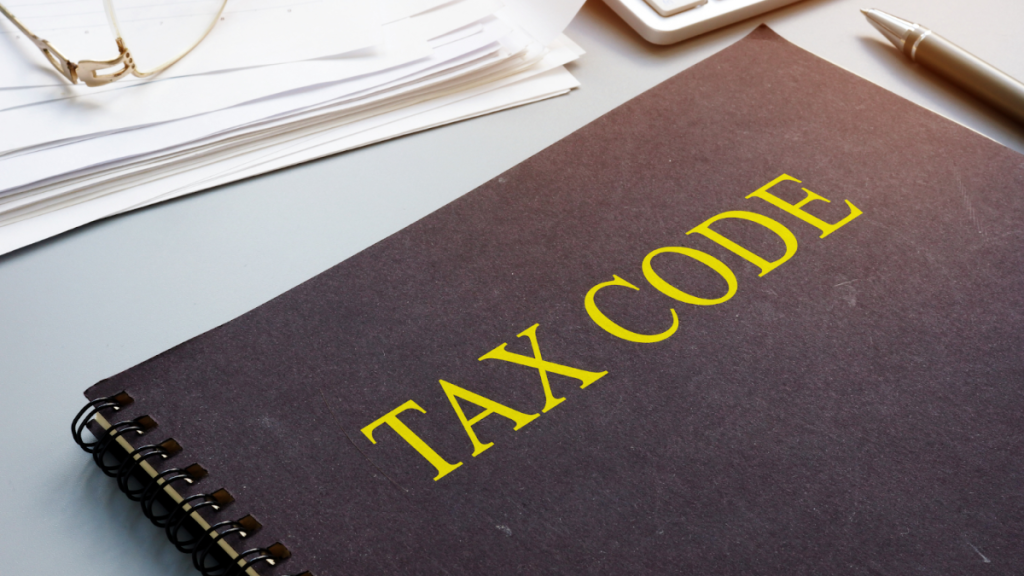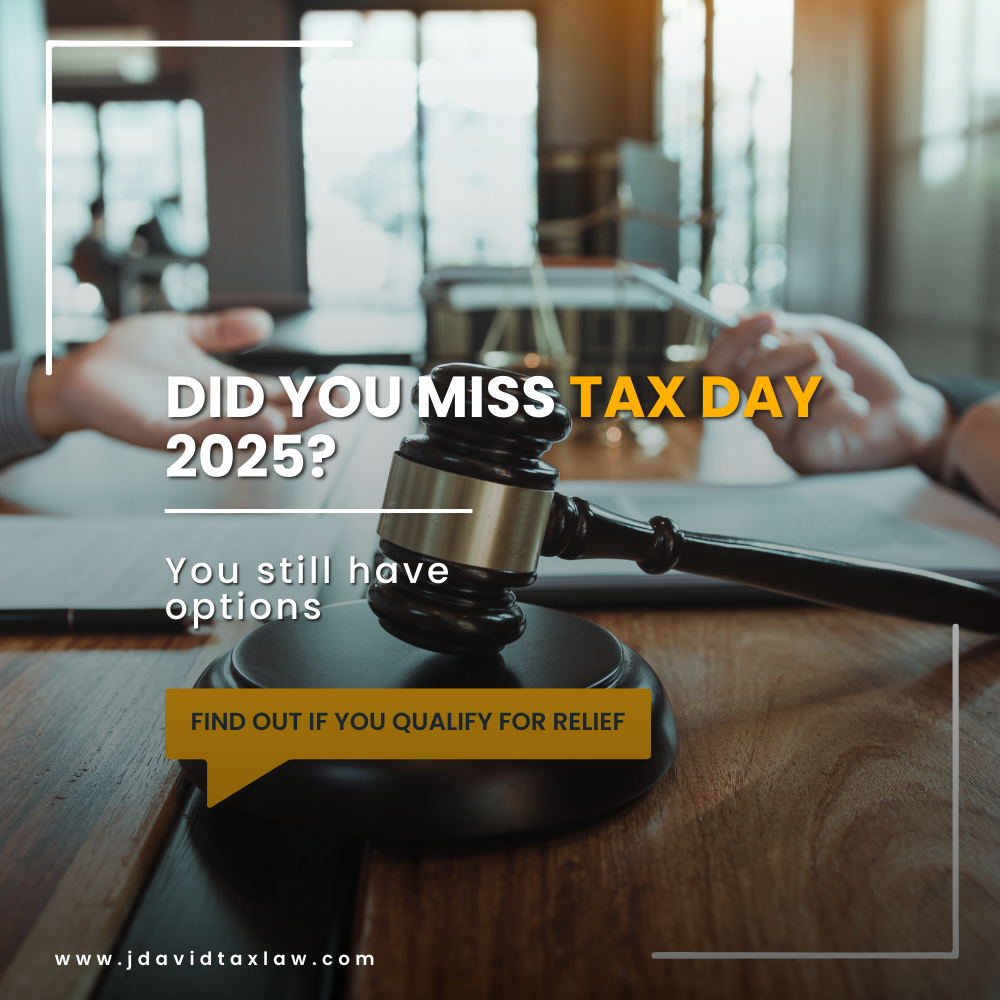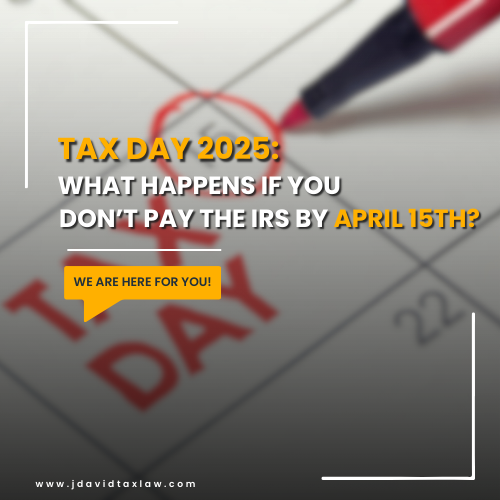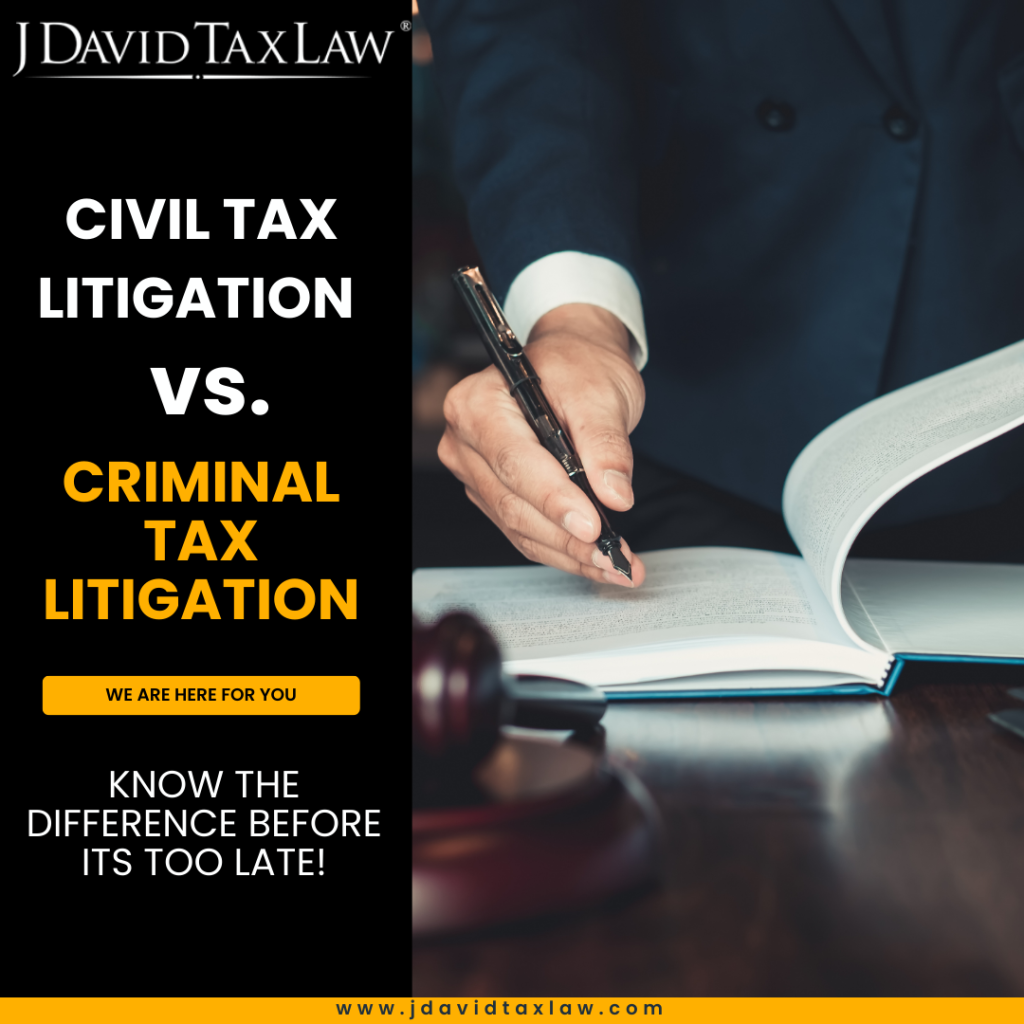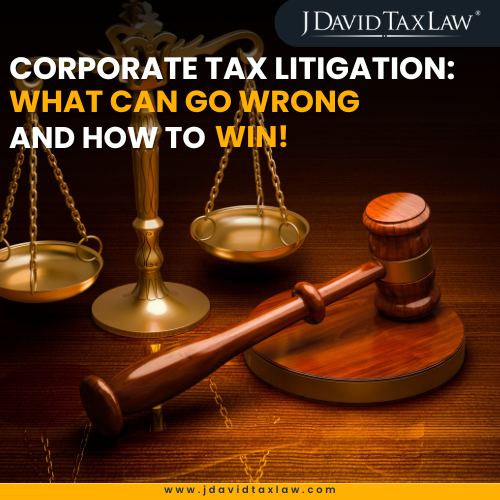In the current financial climate, many individuals resort to bankruptcy as a solution to their overwhelming debts, including income tax debt. The process seems like a path to freedom from financial stress. However, the truth is that bankruptcy rarely provides a perfect solution. It can lead to a host of new problems, such as long-term credit damage, tax liens, and ongoing financial challenges.
This situation asks an important question: Is filing for bankruptcy the best avenue for tax debt relief, or does it bring about more difficulties than benefits for the bankruptcy filer?
Types of Bankruptcy Filing for Debt Relief
Bankruptcy is a legal process designed to help individuals and businesses eliminate or repay their debts under the protection of the bankruptcy court. It provides a way for those overwhelmed by financial obligations to make a fresh start, though it comes with significant consequences.
There are different types of bankruptcy, each suited to particular situations and types of debt, including income tax debt. Understanding these types can help determine the most appropriate course of action for managing financial distress.
Chapter 7 Bankruptcy
Chapter 7 bankruptcy, also known as liquidation bankruptcy, involves selling the debtor’s non-exempt assets to pay off unsecured debts. The process typically takes a few months from the filing of the bankruptcy petition to the discharge of debts.
While most tax debts are not dischargeable in Chapter 7, some income tax debts can be eliminated if they meet specific IRS requirements, such as being at least three years old and assessed by the IRS at least 240 days before filing.
Chapter 13 Bankruptcy
Chapter 13 bankruptcy, also known as reorganization bankruptcy, allows individuals with regular income to develop a repayment plan to pay off their debts over a 3-5 year period. This plan helps debtors keep their property and make manageable payments to creditors.
Chapter 13 can include repayment of tax debts. The debtor makes monthly payments to a bankruptcy trustee, who then pays the creditors, including the IRS. This can help manage income tax debt, property taxes, and other tax obligations, preventing wage garnishments and tax liens during the 3-5 year repayment period.
Chapter 11 Bankruptcy
Chapter 11 bankruptcy is often used by businesses to reorganize their debts and continue operating. However, it is also available to individual taxpayers, particularly those with outstanding debts too large to qualify for Chapter 13.
Chapter 11 allows for the reorganization of debts, including tax debts. The debtor works with secured creditors, including tax authorities, to develop a repayment plan. This can help manage various tax liabilities, such as income taxes and employment taxes, while allowing the business or individual to continue operations and avoid the immediate liquidation of assets.
Bankruptcy Filing as a Tax Debt Relief Option: Pros and Cons
Filing for bankruptcy can be a significant decision for those struggling with tax debts. It offers potential benefits but also comes with drawbacks that can impact one’s financial future. Understanding the pros and cons is essential to making an informed choice.
Pros
Potential for Discharge of Certain Tax Debts
Under specific conditions, bankruptcy can lead to the discharge of certain tax debts. For example, income tax debts that are older and meet the criteria under the bankruptcy code may be discharged, providing relief from substantial financial burdens.
Relief from Wage Garnishments and Collection Efforts
Bankruptcy temporarily halts IRS collection actions, including wage garnishments. However, if a tax lien has already been filed, it may remain attached to property even after the tax debt is discharged.
Structured Repayment Plan Under Chapter 13
Chapter 13 bankruptcy provides a structured repayment plan for tax debt over 3-5 years. While it prevents immediate IRS collection actions, the IRS may still file a tax lien during the process. This plan can include past-due income tax debt, property taxes, and other tax obligations, making payments more manageable and preventing further legal actions.
Cons
Impact on Credit Score and Financial Future
Bankruptcy significantly affects credit scores, making it difficult to obtain new credit, loans, or even housing. This impact can last for several years, affecting financial stability and opportunities long after the bankruptcy process is complete.
Non-Dischargeable Debts and Ongoing Tax Obligations
Not all tax debts are dischargeable in bankruptcy. Debts such as recent income taxes, fraudulent tax returns, and certain penalties remain the responsibility of the filer. Additionally, ongoing tax obligations must still be met, which can strain finances even after bankruptcy.
Potential Legal and Financial Complications
Bankruptcy involves complex legal and financial processes, which can lead to complications. Navigating the bankruptcy process requires careful attention to detail and an understanding of bankruptcy law. Mistakes can result in additional costs, delays, and potential legal issues.
Is Bankruptcy the Best Option for Tax Debt?
Managing and resolving debt through bankruptcy can often do more harm than good. While it might seem like a solution to overwhelming financial pressure, the long-term consequences can be severe. Bankruptcy impacts credit scores, making it challenging to obtain loans, credit cards, or even secure housing for years.
Additionally, not all tax debts are dischargeable. Many individuals find themselves still responsible for recent income taxes, fraudulent tax returns, and certain penalties even after the bankruptcy process.
Moreover, the potential pitfalls and hidden costs of bankruptcy are significant. Legal fees, court costs, and the requirement to attend credit counseling sessions can add up quickly. The stress and complexity of navigating the bankruptcy process can also take a toll on one’s mental and emotional well-being.
Therefore, it is crucial to carefully consider whether filing for bankruptcy is the best route for resolving tax debts or if alternative solutions might be more effective and less damaging to long-term financial stability.
Don’t File for Bankruptcy; Consider These Options Instead
When faced with tax debt, exploring alternatives to bankruptcy can often be a more effective and less damaging approach. Several options are available to manage and reduce tax liabilities without the severe consequences of bankruptcy.
Payment Plans with IRS
Setting up a payment plan with the IRS is a straightforward method for managing tax debt. The IRS offers various plans, including short-term and long-term agreements, allowing taxpayers to pay off their debt over time. This option can provide relief from immediate financial pressure and prevent wage garnishments or tax liens.
Offer in Compromise
An Offer in Compromise (OIC) allows taxpayers to settle their tax debt for less than the full amount owed. To qualify, taxpayers must demonstrate that they cannot pay the full tax debt and that settling for a lesser amount is in the best interest of both parties. The process involves submitting a detailed application and supporting documents to the IRS.
Tax Debt Settlement Companies
Tax debt settlement companies offer services to negotiate with the IRS on behalf of taxpayers to reduce their tax debts. These companies can help set up payment plans, negotiate Offers in Compromise, and provide other forms of tax debt relief.
Work with a Tax Lawyer
Working with a professional, like J. David Tax Law, can be one of the best debt relief options. A tax lawyer provides personalized options based on the taxpayer’s unique financial situation, helping to navigate complex tax laws and negotiate with the IRS. Their expertise ensures that individuals explore all available solutions, such as payment plans or Offers in Compromise, to effectively reduce and manage tax debt.
Conclusion
While filing bankruptcy might seem like a solution for overwhelming tax debt, it often brings long-term consequences that can outweigh the immediate relief. Taxpayers should consider alternatives to manage tax liabilities without the severe impacts on credit scores and financial stability.
It’s crucial to consult with a tax professional to navigate these complex decisions. Working with experts, like those at J. David Tax Law, ensures that individuals understand all available options and make informed decisions tailored to their unique financial situations. Contact their team of tax lawyers at (888) 342-9436 to see how seeking professional advice can lead to a more stable and manageable resolution to tax debt issues.
Your Tax Relief Questions, Answered




